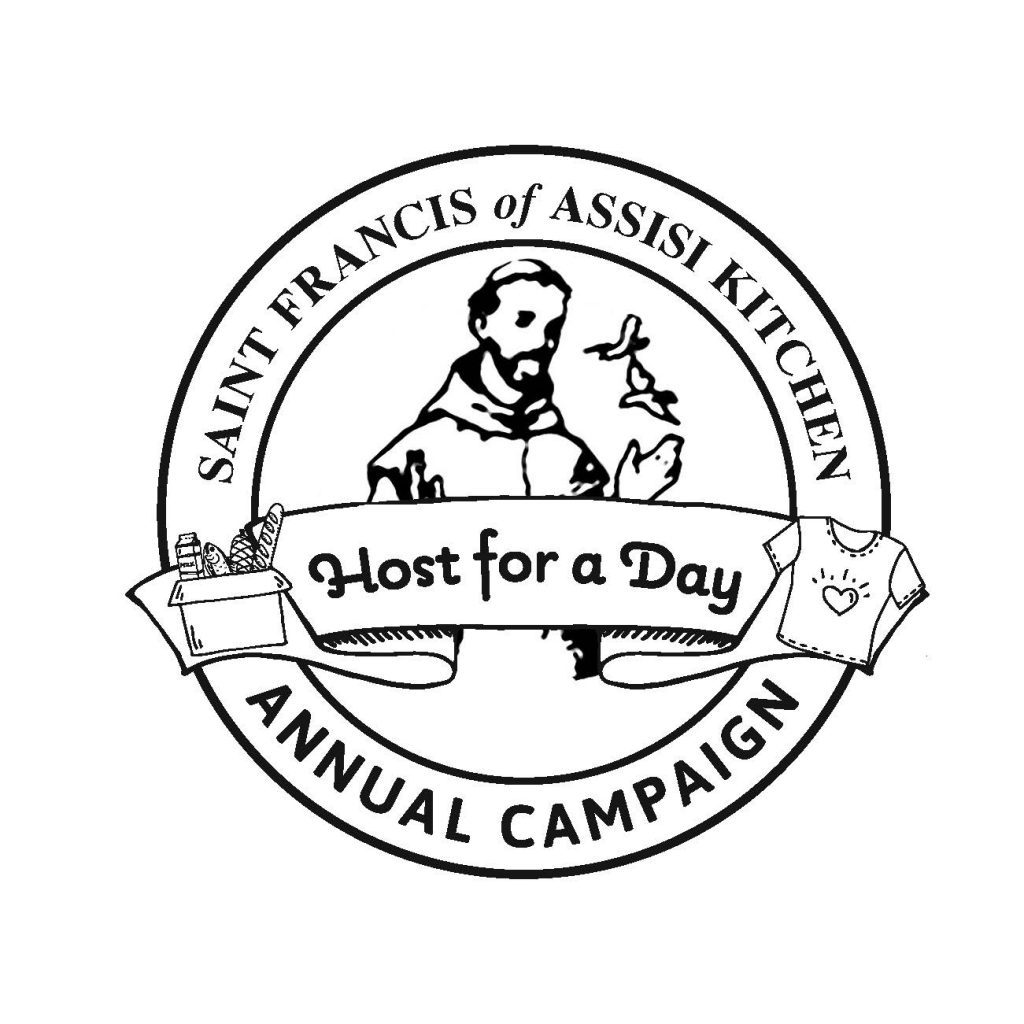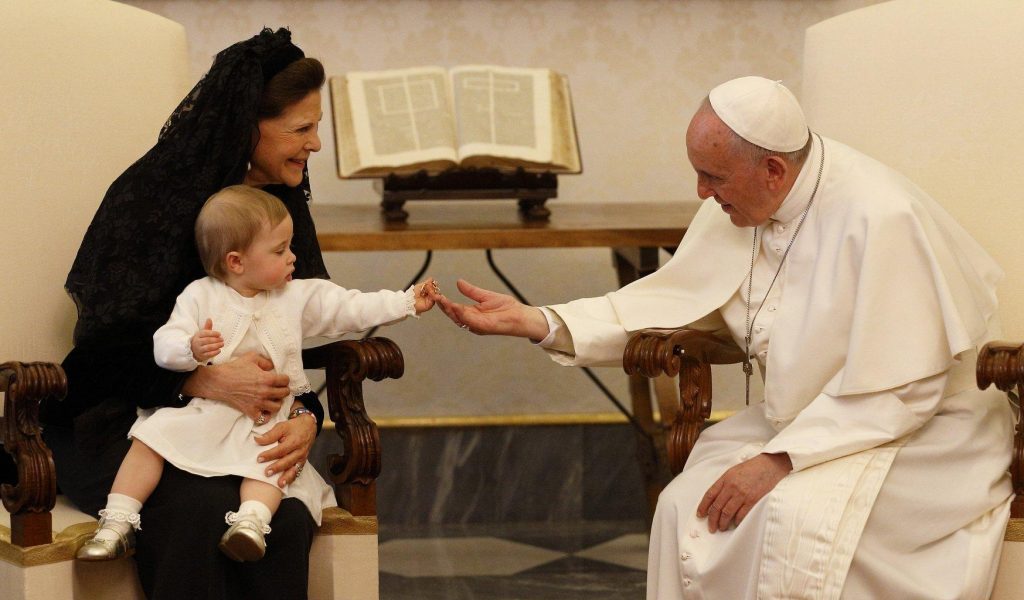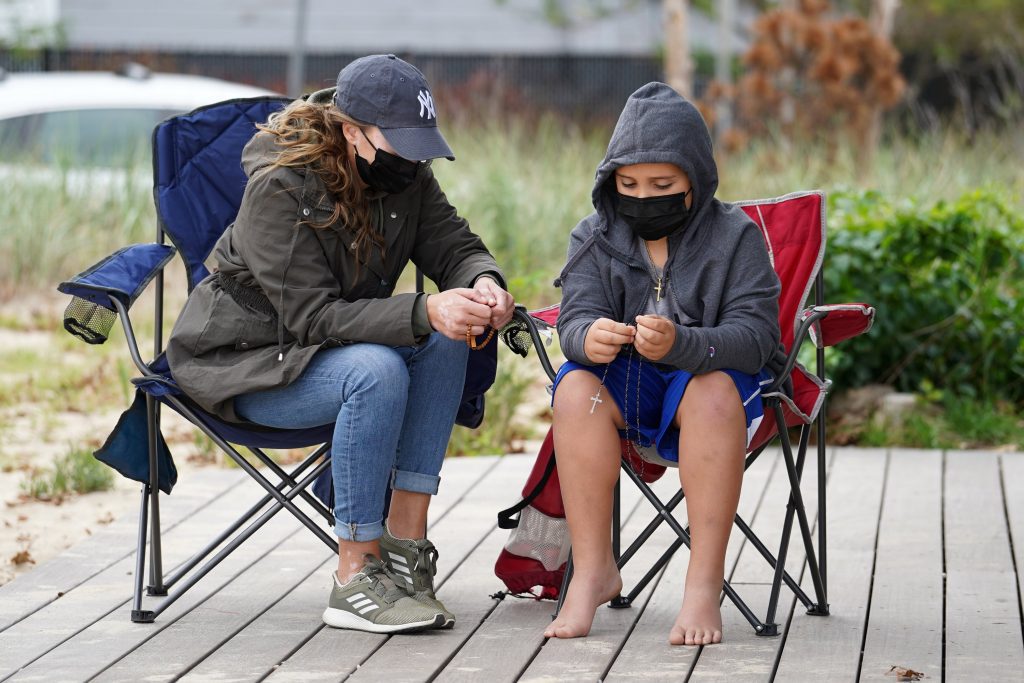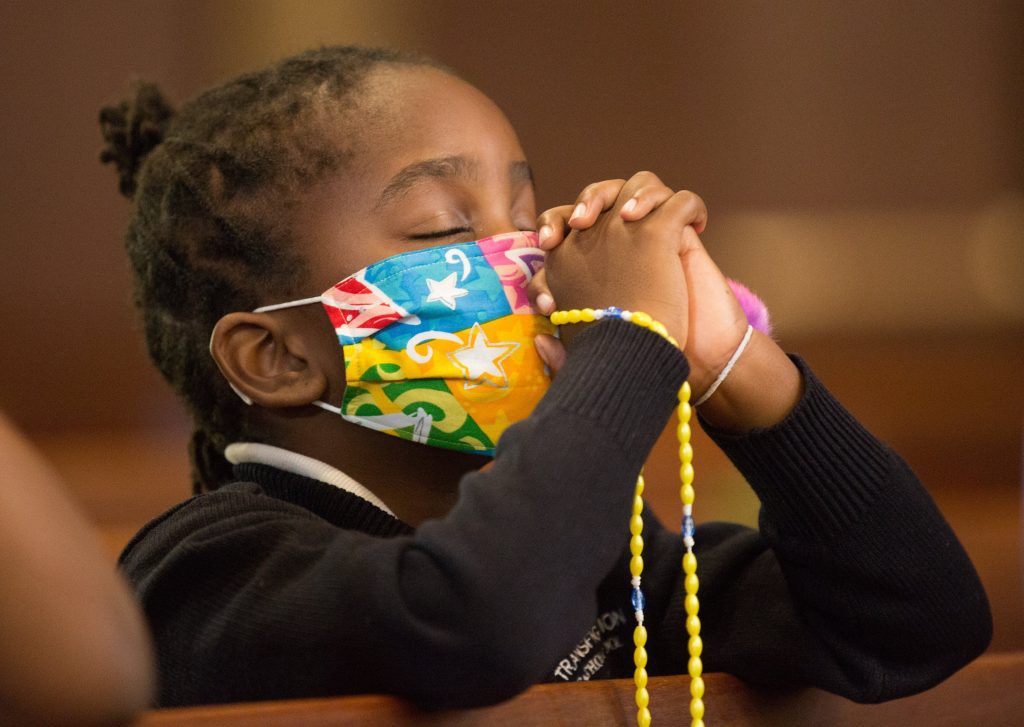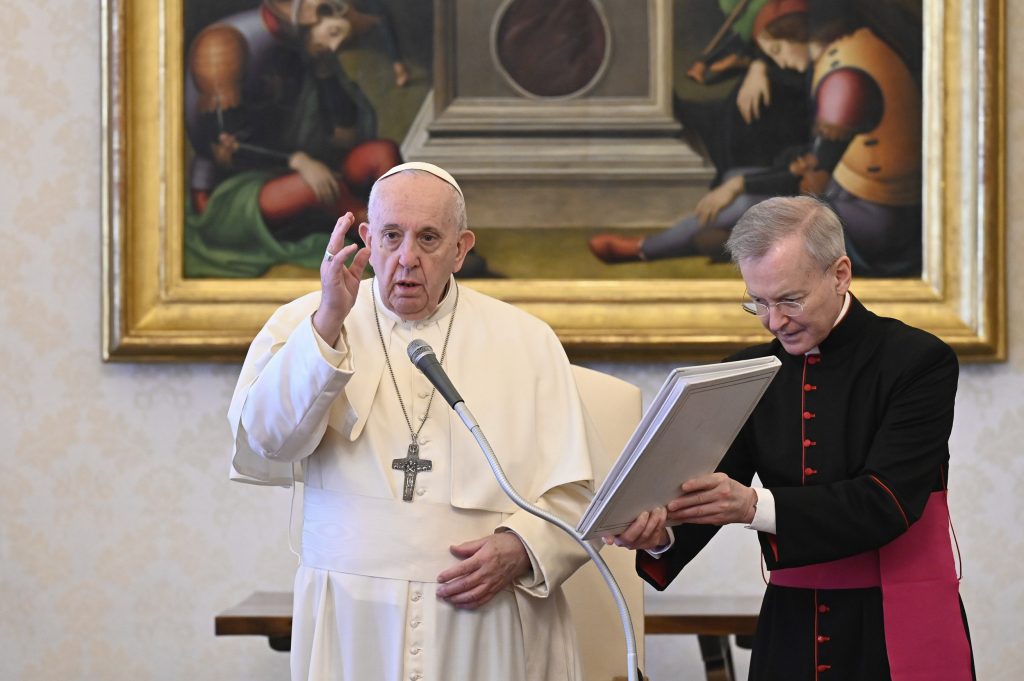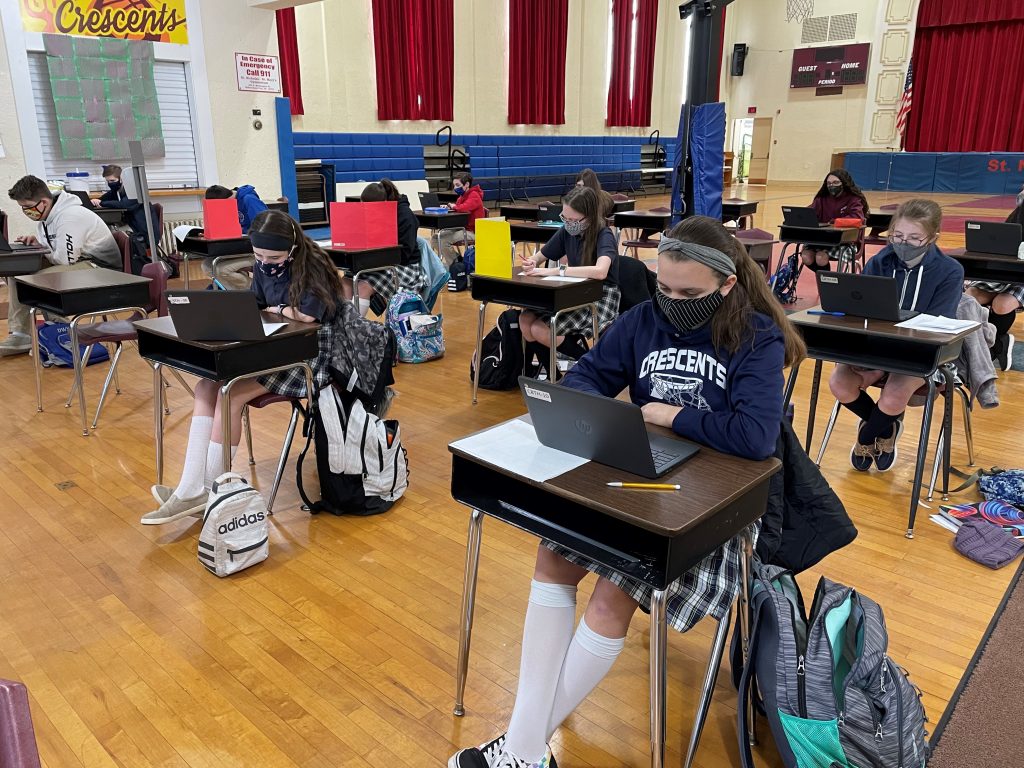
WILKES-BARRE – From a quick glance, Kaitlin Chmielewski’s first grade classroom at Saint Nicholas/Saint Mary Catholic School in Wilkes-Barre might not have much in common with Debra Smith’s eighth grade literature class at Our Lady of Peace Catholic School in Clarks Green. However, when you look closer at how each teacher prepares and delivers their lessons, you notice striking similarities.
For the last two years, both teachers have been using a new tool – NWEA Assessments – to deliver differentiated instruction in their classroom, setting each individual student up for greater growth and success.
The assessments from NWEA – which stands for Northwest Evaluation Association – provide educators with valuable data on each student three times a year allowing them to measure a student’s growth over time. That data provides critical information that helps educators understand each student’s skills and abilities.
NWEA Assessments are currently being used at all 19 Catholic Schools in the Diocese of Scranton.
“It allows me to individualize my instruction to allow my students to grow much better than teaching a general lesson to the whole class,” Chmielewski said.
Chmielewski explained how the assessments help her teach each one of her first graders in a better way.
“If I see that Student A is struggling on their consonant-vowel-consonant words, I can make sure they’re working on those a little harder, whereas if Student B has already mastered that, I’m able to give them the opportunity to work on the next skill up,” she explained.
Debra Smith says the data she receives from the assessments is so specific; it really helps her focus on what every student in her classroom needs.
“It really helps me be a better teacher,” Smith admitted. “I really bought into it from the beginning.”
Students in grades K-8 take assessment tests in reading, language usage, math and science three times each school year – once in the fall, once in the winter and once in the spring. Ninth grade students also take the assessment in high school Algebra I.
“I noticed some of my kids weren’t as strong as I would have liked them to be in reading informational text, so I started adding more informational text into my curriculum so that was a wonderful way to identify that was what they needed,” Smith said.
Smith calls the new assessments a “game changer” when it comes to thinking about way lessons are taught.
“I can deliver direct instruction for the students but with that direct instruction, I can break them out into small groups and target specific needs. For the students who might not understand a concept that much, I can offer reinforcement activities and more instruction. For the students on the other end of the spectrum, I’m able to give them differentiated learning that is more challenging to them, that really expands their thinking. I’ll use different depth of knowledge questions,” she explained.
Kristen Donohue, Superintendent of Catholic Schools in the Diocese of Scranton, says no other local school district is using NWEA Assessments, so having this tool makes Catholic schools unique.
“Our real goal is to make sure all of our students are growing. We believe firmly that all students can grow and all students can learn,” Donohue explained.
Donohue recently visited several schools across the Diocese to see how teachers are utilizing the assessment data to help all students reach their God-given potential.
“It’s exciting. This type of planning is very different than years ago when a teacher would plan one lesson for an entire group of students,” she added. “The outcome is worth every second of planning because you are able to see each student access their education at an appropriate level and really maximum their time in the classroom. This assessment data is one piece that supports our teachers as they provide instruction at the readiness level of our students.”
Many school districts only rely on one standardized test at the end of the academic year and often the results are stale by the time an educator wants to use them. That is the difference between being “achievement-driven” versus “growth-driven.”
“This data is living. We’re continuing to use it and continuing to reflect upon it,” Donohue said.
Using the NWEA Assessment Tool is just another example of how Catholic Schools continue to raise the bar in terms of innovation, Jason Morrison, Diocesan Secretary for Catholic Education and Chief Executive Officer, explained.
“In the local area, we’re the only ones that are using this assessment tool and it gives us a greater understanding of each child,” Morrison said. “We owe it to students … We need to ensure that we are creating an environment that is faith-filled and academically excellent.”

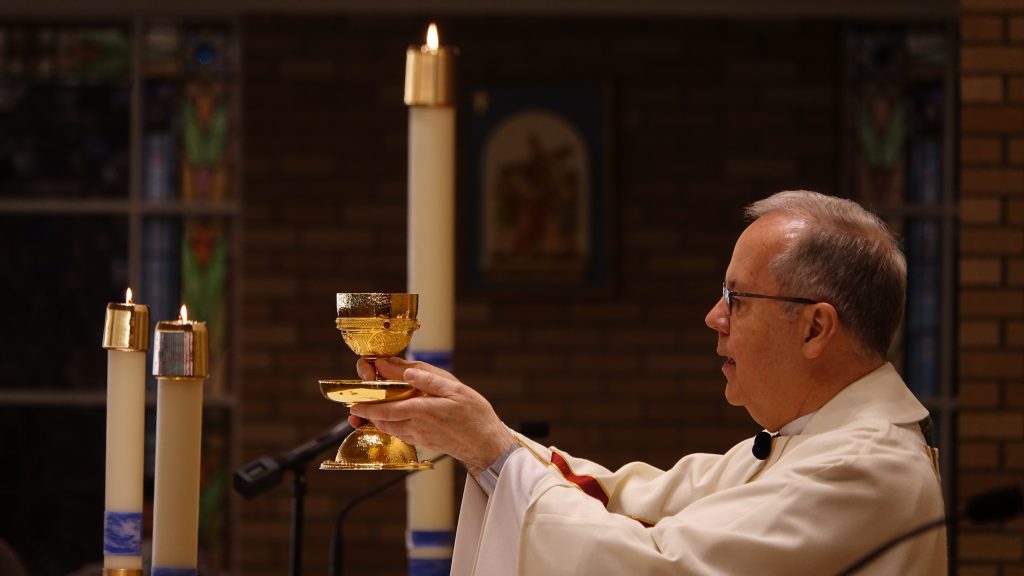
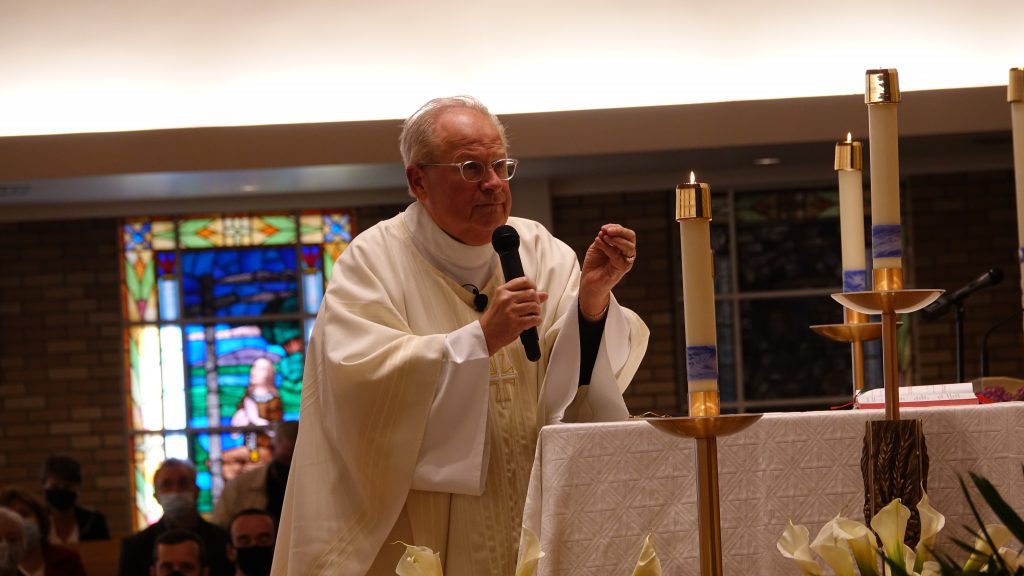
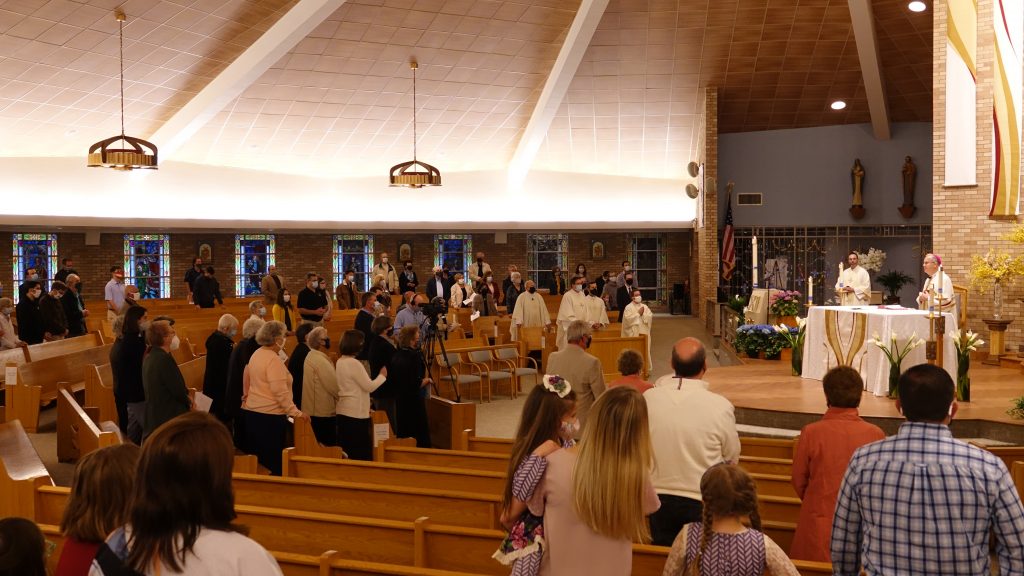 the Diocesan Vocations Office.
the Diocesan Vocations Office.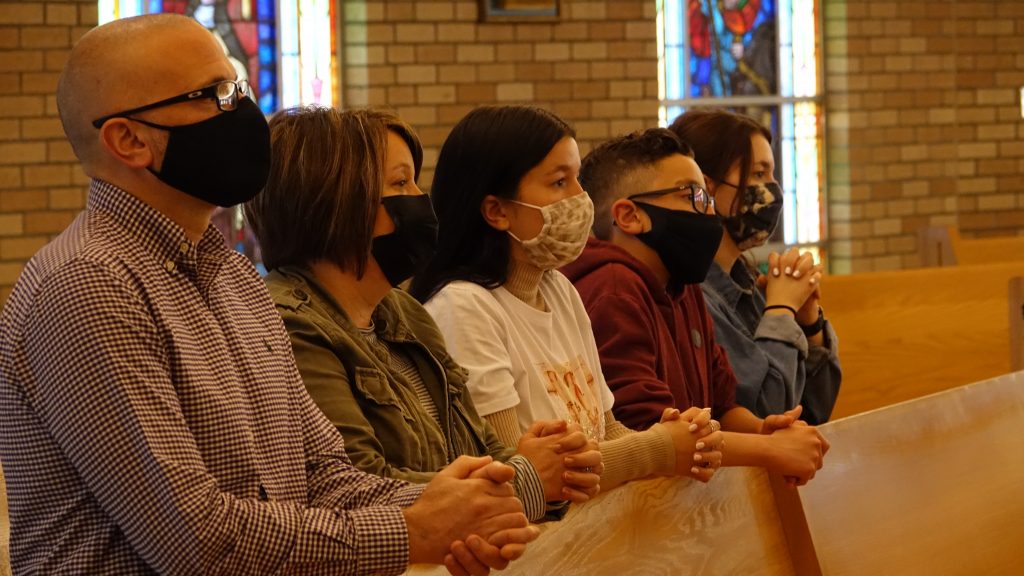
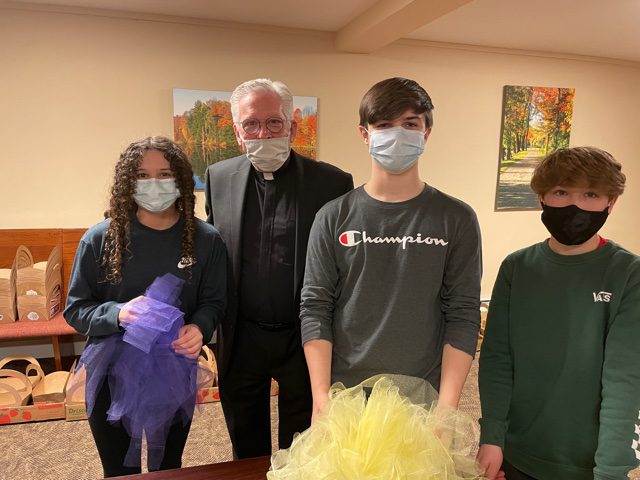
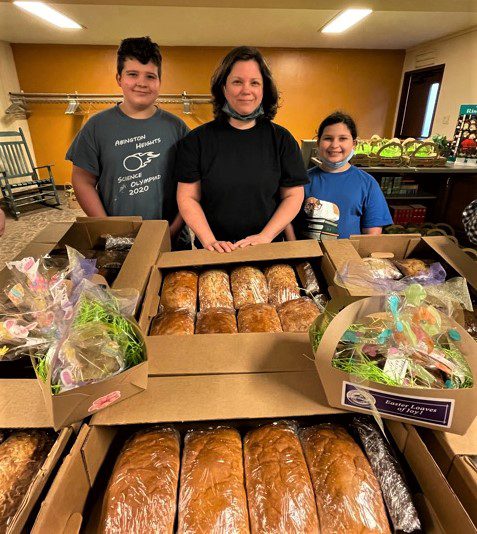
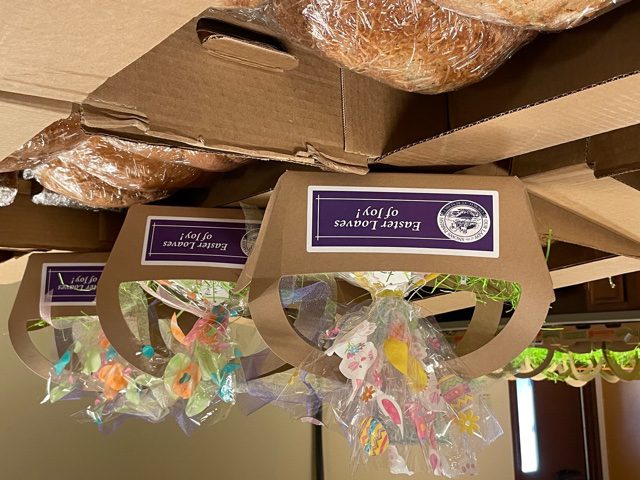
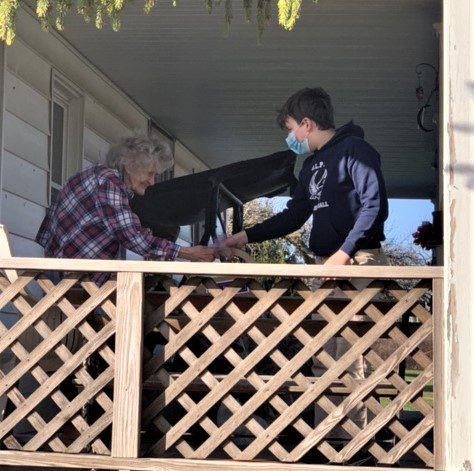
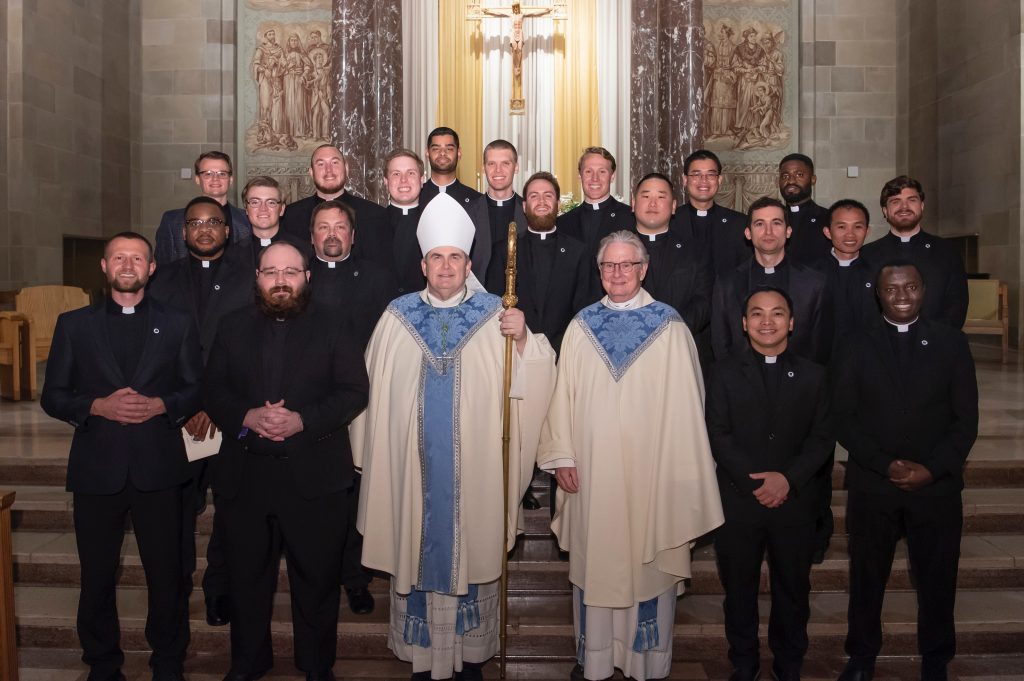
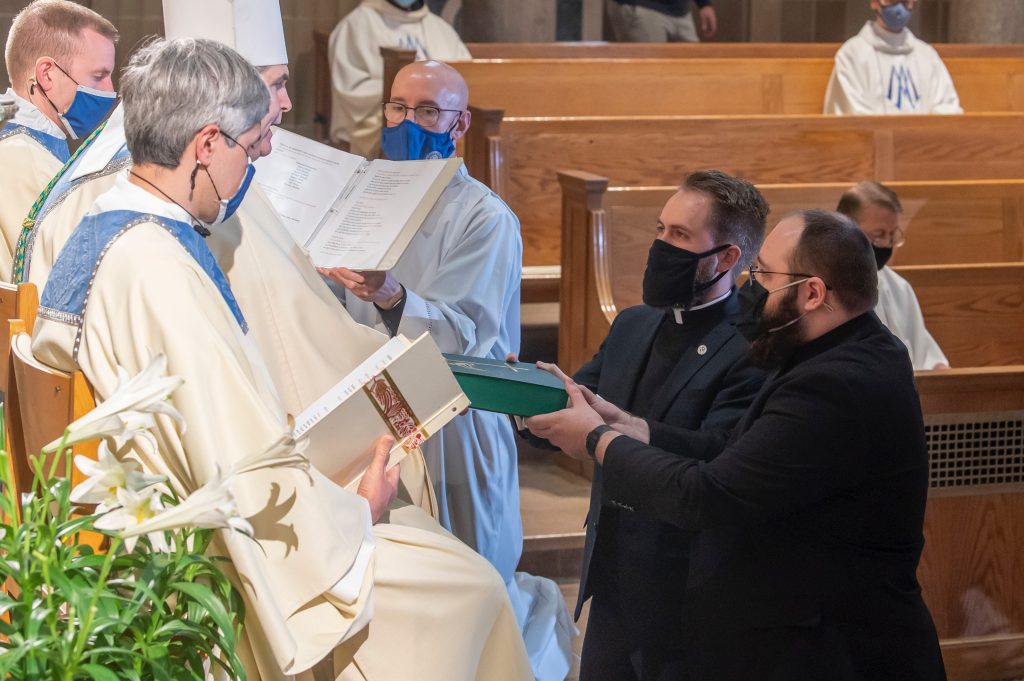 William is from Saint John the Evangelist Parish, Honesdale, Thomas is from Saint John Vianney Parish, Montdale and Andrew is from Saint Robert Bellarmine Parish, Wilkes-Barre.
William is from Saint John the Evangelist Parish, Honesdale, Thomas is from Saint John Vianney Parish, Montdale and Andrew is from Saint Robert Bellarmine Parish, Wilkes-Barre.